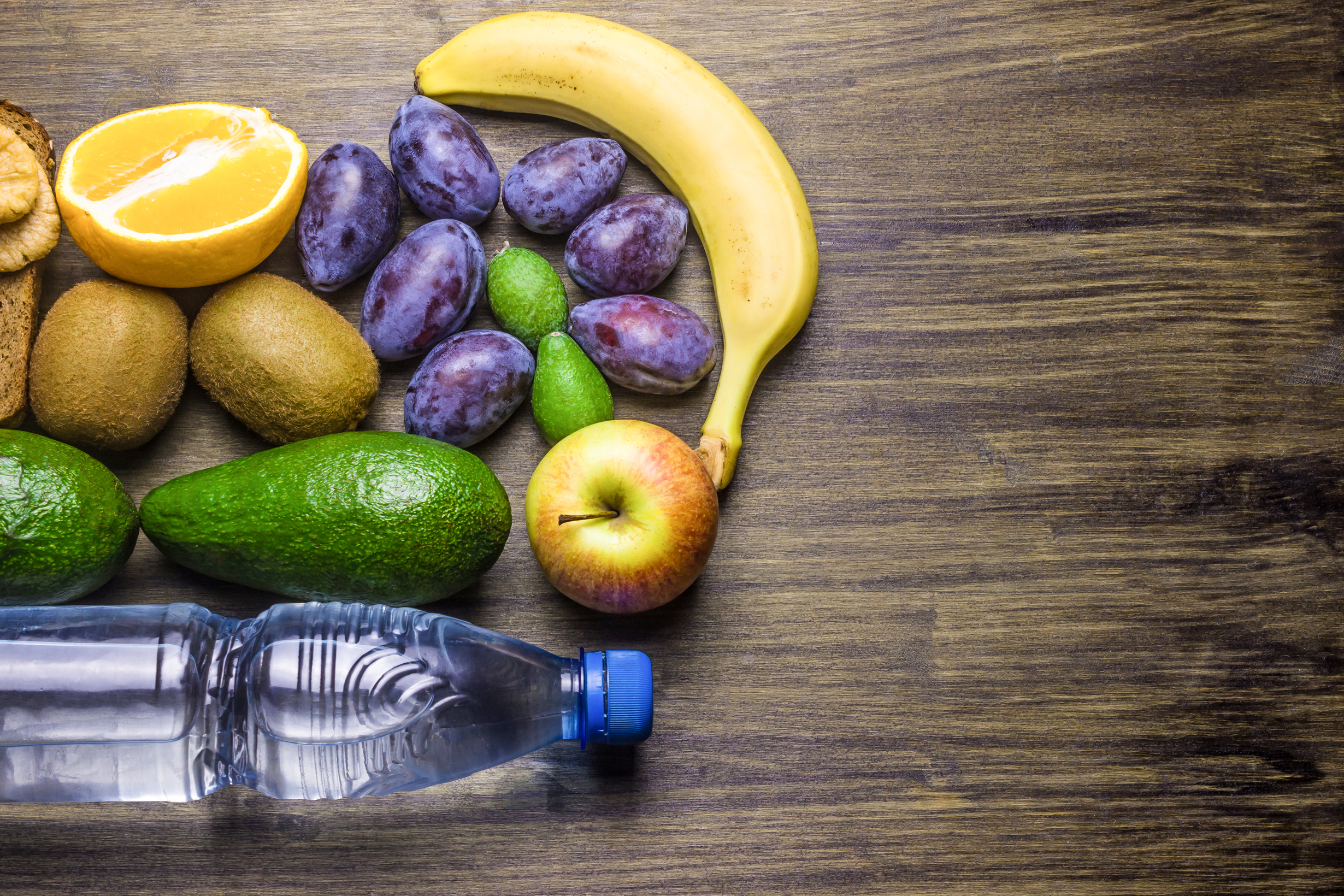
The role of bile acids in gut health
In addition to helping break down fat, bile acids also affect the balance of our glut flora in our digestive tract.
Health Support
By Bio Island Nutrition Team
When we think of bile acids, we most often think of their function in digestion. Bile acids are produced by our liver and then expelled into the digestive tract by the gallbladder to help emulsify and break down dietary fat and help it be absorbed by the small intestine.
In addition to helping break down fat, bile acids also affect the balance of our glut flora in our digestive tract. This relationship between gut microbiota and bile acids is bidirectional, with bile acids affecting the composition of the microbiome and the intestinal bacteria affecting bile acid metabolism. Lower levels of bile acids are associated with bacterial overgrowth and increased inflammation. Bile acids have also shown to have antimicrobial effects, helping to break down bacterial membranes and stimulate the secretion of antimicrobial peptides.
It may come as no surprise then that supplemental bile acids have shown to be beneficial for treatment of small intestinal bacterial overgrowth (SIBO), particularly when constipation is a dominant symptom. In patients with SIBO, bile acids help to work as promotility agents, helping to reduce constipation, induce fluid and electrolyte secretion, and stimulate colonic contractions.
Bile acid metabolism has also shown to be altered in patients suffering with inflammatory bowel disease. Recent evidence suggests that bile acids may impact inflammatory bowel disease through interactions with the innate and adaptive immune system. More research into this area is currently being conducted and bile acids are being studied as a therapy for autoimmune and allergic conditions.
What foods support bile acid production?
One of the best methods to help increase bile production is to increase your intake of healthy fats. These include foods like avocados, salmon, and various nuts. If you think you have a bile deficiency or liver problems, you can try consuming bitter vegetables such as radishes, artichokes, and celery. Although not scientifically proven it is thought that these vegetables may help to stimulate bile production in the liver. Some studies also suggests that consuming onions and garlic can help to increase bile production as these foods prevent the nucleation of cholesterol in your gallbladder and help prevent gallstones from forming.
As always if you are at all concerned about bile acid production or liver function it is best to speak with your healthcare provider to discuss treatment options.
This information does not take into account your personal situation and is general in nature. You should consider whether the information is appropriate for your needs and seek professional medical advice.
Always consult your healthcare professional before taking any supplements or if any concerns arise.





